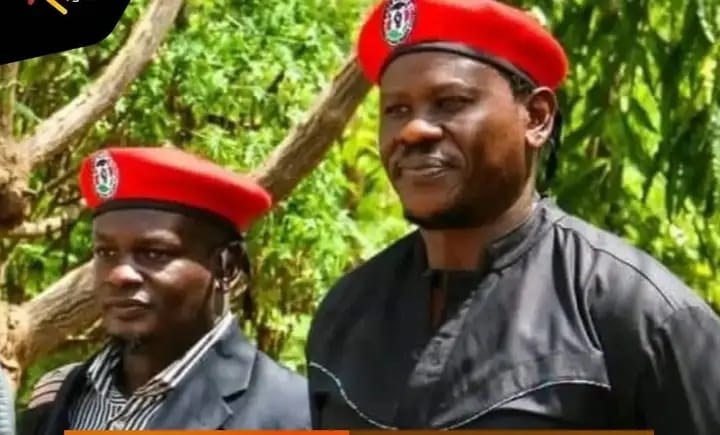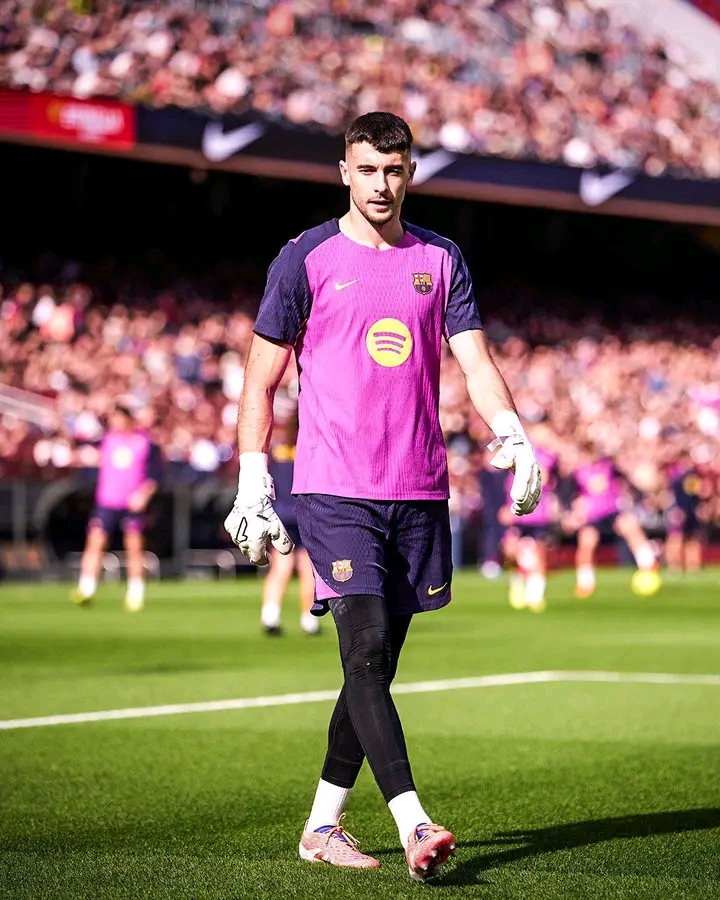
KAMPALA/NAIROBI, Oct. 15, 2025 — The Ugandan High Court has directed the government to produce missing Kenyan activists Bob Njagi and Nicholas Oyoo within two weeks, amid growing regional concern over their disappearance and renewed calls for action from Kenyan human rights defenders.
Justice Simon Peter Kinobe issued the order on Monday following a habeas corpus petition filed by lawyers representing the activists’ families. The petition seeks to compel Ugandan authorities to present the two men in court “dead or alive” or disclose their whereabouts.
Njagi and Oyoo were reportedly abducted in Kampala on October 1, allegedly by individuals believed to be linked to security agencies. Witnesses claim the pair were bundled into a vehicle by armed men dressed in both military and civilian attire. Since then, their location remains unknown, and both the Uganda Police Force and the Uganda People’s Defence Forces (UPDF) have denied holding them in custody.
The activists were in Uganda for a regional civil society forum before they disappeared. Human rights groups in both countries say their abduction fits a troubling pattern of enforced disappearances and unlawful detentions targeting dissenting voices across East Africa.
Uganda’s Human Rights Commission (UHRC) has acknowledged receiving complaints from the families but stated it cannot act while the matter is before the courts. Rights defenders, however, accuse the Ugandan state of routinely ignoring court directives, particularly in politically sensitive cases.
“The Ugandan government has a track record of defying court orders. This case will test its commitment to human rights and the rule of law,” said a statement from Human Rights Watch Africa’s East Africa office, calling for independent monitoring of the case.
In Kenya, activists have announced plans for a nationwide protest on Thursday, October 16, to pressure both governments to act. The demonstrations are expected to begin at Uhuru Park in Nairobi before proceeding to the Uganda High Commission, where protesters will deliver a petition demanding the immediate release of Njagi and Oyoo.
Civil society groups, including Amnesty International Kenya, the Kenya Human Rights Commission (KHRC), and the Defenders Coalition, have jointly condemned what they termed “cross-border intimidation of human rights defenders.” They urged President William Ruto’s administration to lodge a formal diplomatic protest and ensure the safety of Kenyan citizens abroad.
“We demand that our government takes a firm stand and ensures the safe return of our colleagues. This is not just a Ugandan issue — it’s a regional human rights crisis,” said George Kegoro, a prominent rights advocate and former KHRC director.
Uganda has in recent years faced criticism over similar incidents involving opposition figures and journalists. Courts have repeatedly ordered the production of missing persons, but compliance has often been delayed or ignored, fueling claims of impunity.
With the High Court’s two-week deadline now in effect, human rights observers say the coming days will be crucial. Should the Ugandan government fail to comply, the matter could escalate to regional bodies such as the East African Court of Justice or the African Commission on Human and Peoples’ Rights.
For now, Njagi and Oyoo’s families remain in anguish, clinging to hope that the latest court directive will finally shed light on their fate.
Ugandan Court Orders Government to Produce Missing Kenyan Activists as Pressure Mounts in Nairobi.
KAMPALA/NAIROBI, Oct. 15, 2025 — The Ugandan High Court has directed the government to produce missing Kenyan activists Bob Njagi and Nicholas Oyoo within two weeks, amid growing regional concern over their disappearance and renewed calls for action from Kenyan human rights defenders.
Justice Simon Peter Kinobe issued the order on Monday following a habeas corpus petition filed by lawyers representing the activists’ families. The petition seeks to compel Ugandan authorities to present the two men in court “dead or alive” or disclose their whereabouts.
Njagi and Oyoo were reportedly abducted in Kampala on October 1, allegedly by individuals believed to be linked to security agencies. Witnesses claim the pair were bundled into a vehicle by armed men dressed in both military and civilian attire. Since then, their location remains unknown, and both the Uganda Police Force and the Uganda People’s Defence Forces (UPDF) have denied holding them in custody.
The activists were in Uganda for a regional civil society forum before they disappeared. Human rights groups in both countries say their abduction fits a troubling pattern of enforced disappearances and unlawful detentions targeting dissenting voices across East Africa.
Uganda’s Human Rights Commission (UHRC) has acknowledged receiving complaints from the families but stated it cannot act while the matter is before the courts. Rights defenders, however, accuse the Ugandan state of routinely ignoring court directives, particularly in politically sensitive cases.
“The Ugandan government has a track record of defying court orders. This case will test its commitment to human rights and the rule of law,” said a statement from Human Rights Watch Africa’s East Africa office, calling for independent monitoring of the case.
In Kenya, activists have announced plans for a nationwide protest on Thursday, October 16, to pressure both governments to act. The demonstrations are expected to begin at Uhuru Park in Nairobi before proceeding to the Uganda High Commission, where protesters will deliver a petition demanding the immediate release of Njagi and Oyoo.
Civil society groups, including Amnesty International Kenya, the Kenya Human Rights Commission (KHRC), and the Defenders Coalition, have jointly condemned what they termed “cross-border intimidation of human rights defenders.” They urged President William Ruto’s administration to lodge a formal diplomatic protest and ensure the safety of Kenyan citizens abroad.
“We demand that our government takes a firm stand and ensures the safe return of our colleagues. This is not just a Ugandan issue — it’s a regional human rights crisis,” said George Kegoro, a prominent rights advocate and former KHRC director.
Uganda has in recent years faced criticism over similar incidents involving opposition figures and journalists. Courts have repeatedly ordered the production of missing persons, but compliance has often been delayed or ignored, fueling claims of impunity.
With the High Court’s two-week deadline now in effect, human rights observers say the coming days will be crucial. Should the Ugandan government fail to comply, the matter could escalate to regional bodies such as the East African Court of Justice or the African Commission on Human and Peoples’ Rights.
For now, Njagi and Oyoo’s families remain in anguish, clinging to hope that the latest court directive will finally shed light on their fate.

